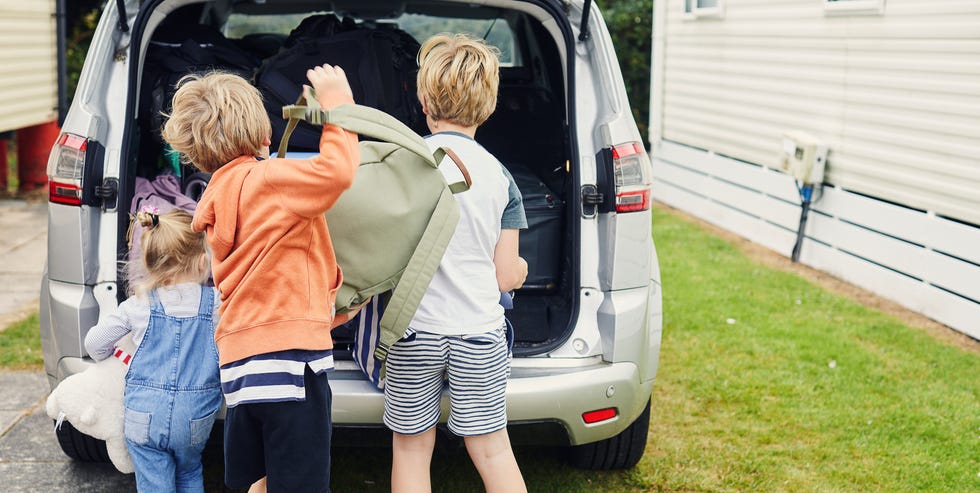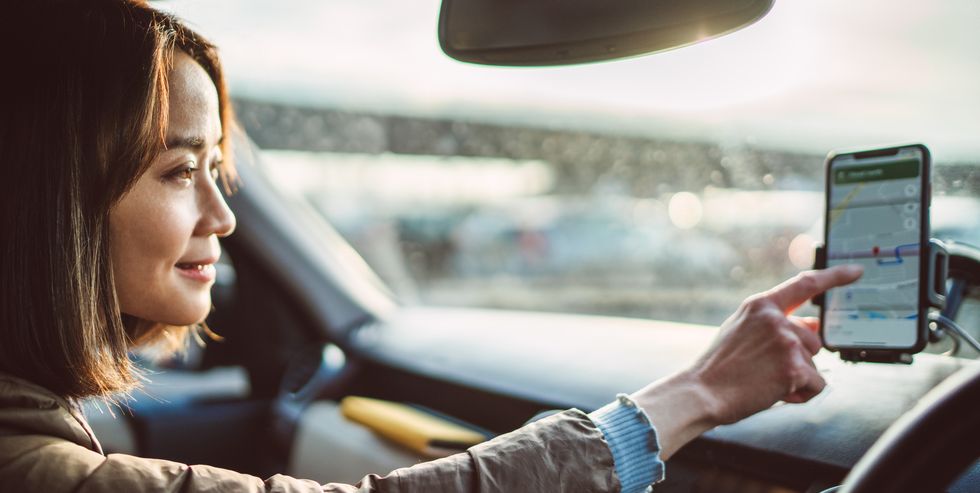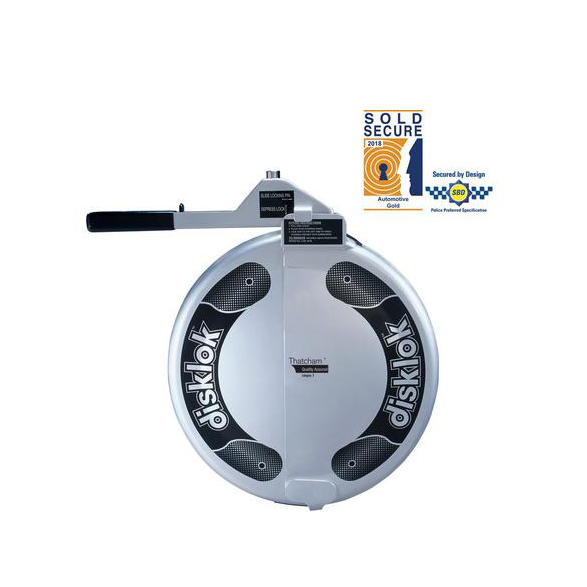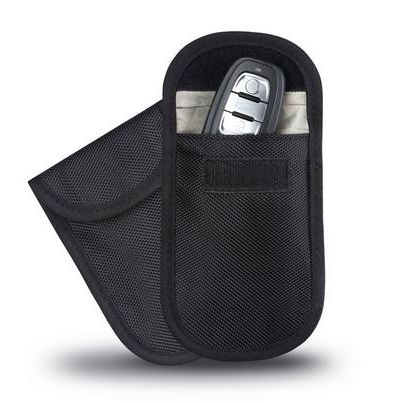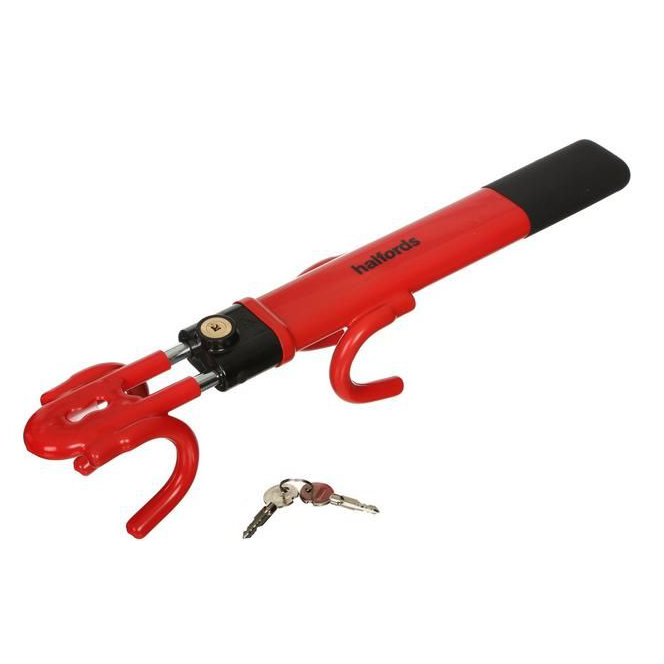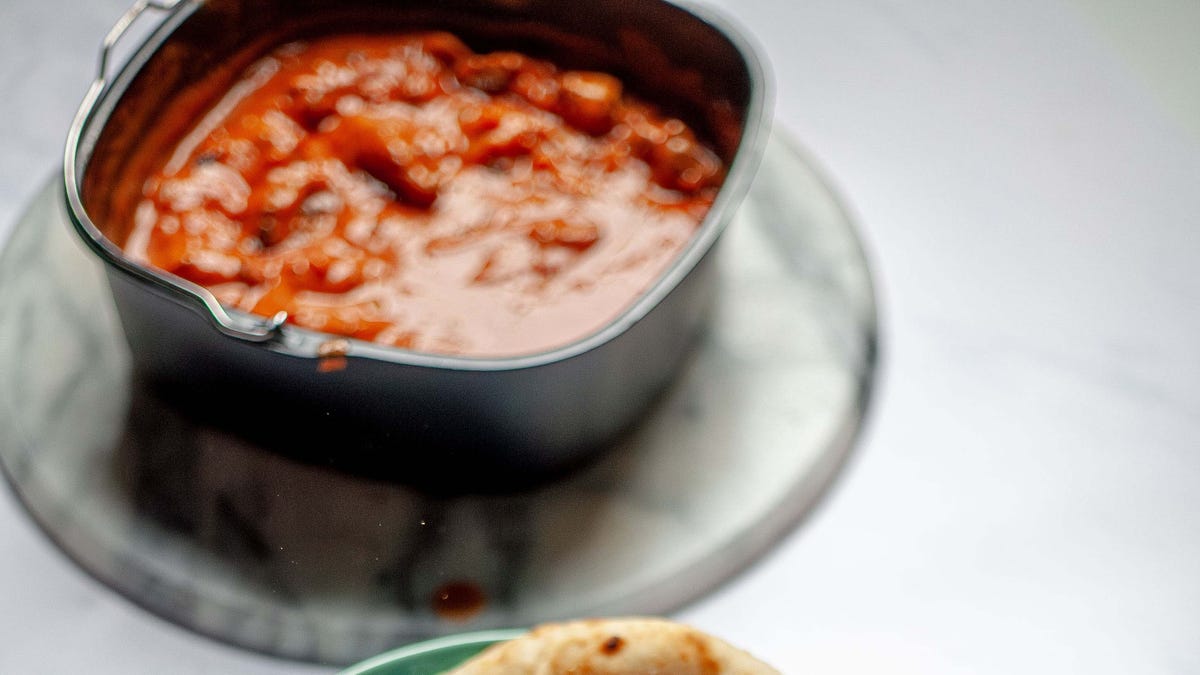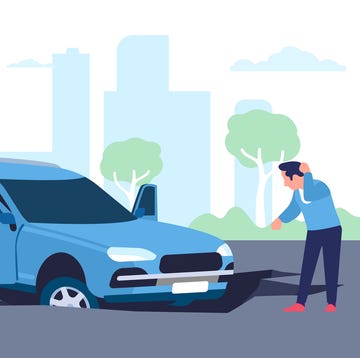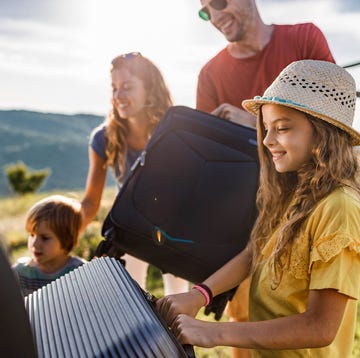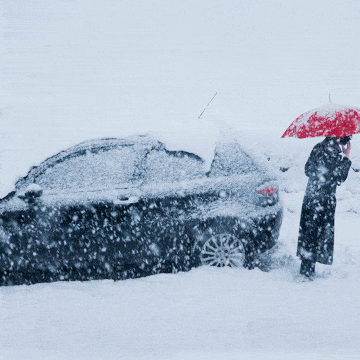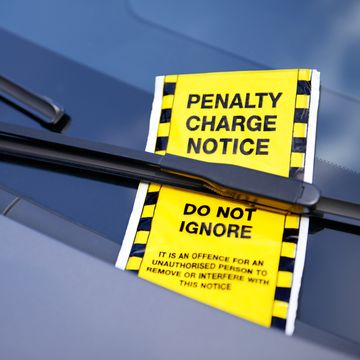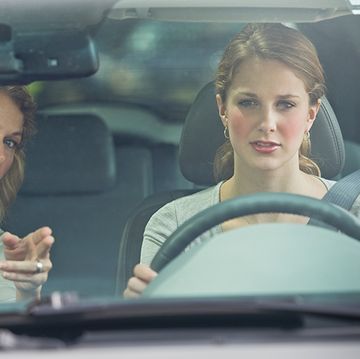A family road trip, whether you're venturing off on holiday or just heading out for a day's entertainment, sounds like great fun. But with boredom, traffic and fidgety children to deal with, in reality the journey can be a bit of a hard slog.
With a little bit of forward planning, though, you and your family can make the trip almost as much of a pleasure as the destination itself. Check out our great tips for a smooth, safe and stress-free trip.
Check your car
Before you head off on a long trip, ensure that you check the oil and tyre pressures, and that the battery, brakes and engine are in good working order.
In an ideal world you would get your car serviced before you go away on a long trip, but at the very least book your car in for a pre-holiday health check to make sure that your car is in the best shape for the road ahead. The RAC has a list of approved garages so you can find one in your area easily.
Get breakdown cover
If you don't already have breakdown cover in place, get some before you head off on a long trip. Should the worst happen and you find yourself stranded on the side of a busy road, you won't regret it. The best way to choose breakdown cover is to shop around using comparison sites, like MoneySuperMarket.
Stock up on sleep
Always set off on a long journey well rested, ideally with a good eight hours of sleep under your belt. Studies have found that a lack of sleep can be just as dangerous as getting behind the wheel over the limit, and with precious cargo on board, you want to be at the top of your driving game.
Get organised
If you're planning a long journey, make sure you plan for it. Take plenty of food and drink with you to avoid complaints about being hungry or thirsty or having to make extra stops for food. Sandwiches, snacks and bottles of water or fruit juice will do the trick, and try to avoid anything that might upset delicate tummies. Boiled sweets are good for travel sickness and it's always a good idea to have a plastic bag (without holes!) in the car with you as a sick bag to stop your car from taking the brunt.
If the kids do begin to squabble, ignore it whilst you are driving. Don't turn around to deal with fighting kids while you're still in motion - find somewhere to stop first.
Plan breaks
Grab a bite to eat, get some fresh air or simply stretch your legs at regular intervals on a longer trip. The Royal Society for the Prevention of Accidents (ROSPA) recommends a minimum break of at least 15 minutes after every two hours of driving. On a long trip with kids, a scheduled stop at a playground for even 15 minutes can make a big difference to the general mood in the car and allow them to let off steam and get some fresh air.
Play games
Long drives, especially with young kids, can be challenging, so make sure children are entertained with books, puzzles and other time-killing diversions.
Keep kids occupied by introducing games that promote and reward quiet behaviour without needing the driver's direct involvement. 'I spy' is a good option for both younger and older children, as it is creative but doesn't involve any moving around or loud shouting!
A scavenger hunt for things you're likely to see along your route, like a caravan or a yellow car, can work a treat.
If you're going on a long journey, now might be the moment to embrace screen time: tablets, laptops and smartphones are a good way to amuse kids. Just ensure you download a good mix of games and films before setting off and don't forget the headphones! The soundtracks and sound effects can be just as distracting for the driver as the children themselves.
A back-of-the-seat organiser that holds a tablet or phone, like this Kidease one, is a useful purchase.
Share the driving
Ideally, share the driving with someone else – this way you are much less likely to get tired behind the wheel. Always ensure the person who you will be sharing the driving with is insured to do so – if not, you should contact your insurance company. The cost of insuring them will depend on a range of factors, including their age, their licence type and their driving history. Generally, though, it is cheaper to opt for temporary cover rather than adding a driver to your policy.
Watch the weather
Download a weather app on your smartphone to keep tabs on changing conditions when you stop for a break along the way. The BBC and Met Office both offer good ones and Apple recently updated its Weather app to include new features.
Find your route
Smartphone apps like Google Maps or Waze are brilliant for keeping you updated on real-time traffic jams or accidents and will reroute you accordingly. If you have one, it's handy to also have an actual road map too. Older kids can track your progress on a real map but it's also essential to have one to refer to if your phone loses signal or the battery dies.
Save on fuel - and drive safely
Keep costs down by conserving fuel as you drive. Driving at a consistent speed and emptying your car of unnecessary weight before you leave home will help minimise fuel consumption. PetrolPrices is an easy-to-use app to find the cheapest fuel in your area, wherever you are.
Following too close behind the car in front limits the time you have to react. Leave a minimum gap of two seconds between you and the vehicle ahead and you'll be better able to spot hazards and keep your kids safe, as well as driving more economically than having to brake all the time.
Carry a spare
Ensure you have a spare car key and tyre with you. Many newer cars today come with tyre inflation kits or a space-saving smaller tyre which is just designed to get you to your destination. However, these are only intended for short-term use until the flat tyre can be fully repaired or replaced so it might be worth considering investing in a spare tyre. And if you have another adult with you, or a responsible child, giving them a spare car key could really help if yours unexpectedly goes missing.

